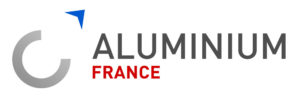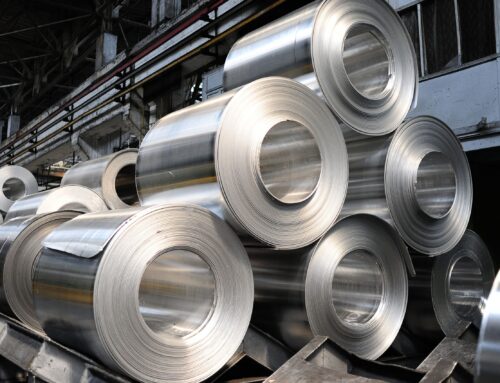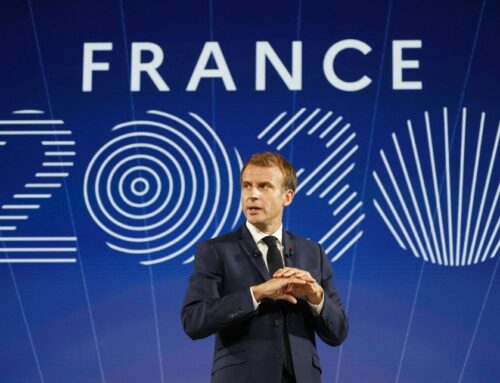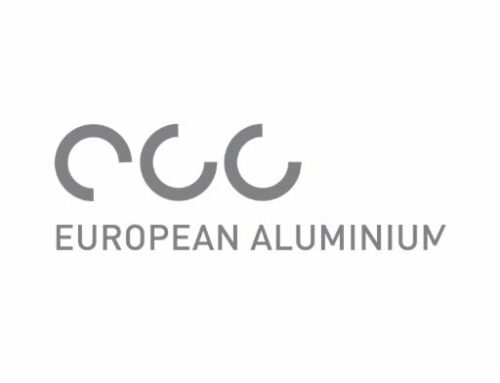Aluminnov ‘2018 Challenge:
the Blue School is in the lead!
This second edition of the Aluminnov ‘Challenge is part of the long tradition of design competitions organized since 2006 by Aluminum France, which represents the entire French industrial sector of the material. This year, the Ecole Bleue – a Parisian school of interior architecture, product design, graphic design and scenography – is doing well with three winning projects out of five chosen by the jury.
The prize for innovation applied to aluminum material was awarded to Chrysalis , a range of outdoor seating (École Bleue). The price of foresight goes to Smart Wind , an autonomous and connected safety barrier (ESAAB). That of mobility is attributed to Urbo Bike , multi-functional urban tricycle (ENSAAMA). For the furniture price, two projects came together: Pardi , a range of indoor furniture made up of a table, a bench, and stools (École Bleue), and DC-3 , wall shelf (École Bleue) ). Each prize has an amount of € 1,000.
- It is the use of aluminum foam that earned the Chrysalis seating range the Innovation Prize. Stronger but lighter than sheet metal, this material was also chosen by Mélanie Asmar, a student at École Bleue (Paris) for its rust-resistance, essential for a product used outdoors.
- Two “single-material” projects – therefore fully recyclable – win the Furniture Prize:
– The DC-3 , rendering ” simple but effective “. The juries appreciated the “ honesty ” of the product, certainly less innovative than other projects but very well produced by its creator, Adrien Mouginot. The student from École Bleue (Paris) chose aluminum for its ductility, lightness and stainless steel. The finesse of the structure makes the product attractive; the material chosen allows for a solid grip, and a long-lasting use of the product.
-The Pardi range , with a hanging system deemed ” smart ” by the jury: the tables and seats do not require any fixing if the cutouts are well thought out and fit together perfectly. Its creator, Maud Chezaubernard, from École Bleue (Paris), chose the material aluminum for its lightness and elegance. Easily movable and stowable, it is suitable for small spaces. - “ Making the road more than a place of passage ”: this is what won the Prospective Prize for the Smart Wind slide system, autonomous and connected. Thanks to integrated wind turbines, the thrust energy generated by road flows is recovered
and converted into electric current. Tanguy Delaunay-Belleville, student at the Superior School of Applied Arts of Burgundy (ESAAB, Nevers), used aluminum to make mini wind turbines; made up of thin, light metal plates, they are sensitive to the slightest gust of wind produced by the rapid passage of cars. Inside, a rotor drives an axis connected to an alternator which produces electricity stored in batteries. The utility of Smart Wind is also safe: in the event of an impact with a vehicle, the connected slide automatically launches a beacon to the nearest intervention unit, thanks to the energy produced independently. In this context, aluminum also has its uses: solid and ductile, it better absorbs the shocks linked to accidents. - Among the various tricycles presented this year by the competitors, Urbo Bike stood out thanks to its multifunctionality: trash can for maintenance agents, shopping bags for individuals, toolbox for craftsmen, hand truck for any movement of bulky object. Its authors, students at the National School of Applied Arts and Crafts (Paris), which won the Mobility Prize, imagined a utility capable of replacing motorized vehicles in town. Aluminum was chosen for its lightness, its hydroformability, and its recyclability. The creators also noted the low maintenance required by this material, which is very resistant. The size of a small scooter, the Urbo Bike is suitable for sidewalks, with less CO2 emissions. It is easy to assemble and disassemble, to adapt the front to its needs ( see illustration ).
In 2016, after ten years of competition devoted to eco-design, the aluminum sector changed its competition to the Aluminnov ‘Challenge , to make art, design and architecture students think more about the possibilities of innovation offered by the material. . This new format , open to all students in mainland France , is organized by manufacturers in an educational process aimed at bringing together professionals and students .
Composed of recognized personalities in various disciplines,
the jury [1] selected the winners based on four main criteria:
the enhancement of the qualities of aluminum , the quality of the proposed innovation ,
the apparent feasibility of the project , and the quality of presentation .
The public’s opinion was also taken into account, via votes recorded on Facebook from April 21 to May 4, 2018.
[1] Lionel Blancard de Léry , vice-president of the National Union of French Architects Unions (UNSFA), Hélène Besset , environmental legal manager at Aluminum France, Yann Leroy , Eco-Design lecturer at Centrale Supélec, Anne -Marie Sargueil , president of the French Design Institute, Evangelos Vasileiou , architect and designer, Léna Moreau , winner of the 2017 edition.




